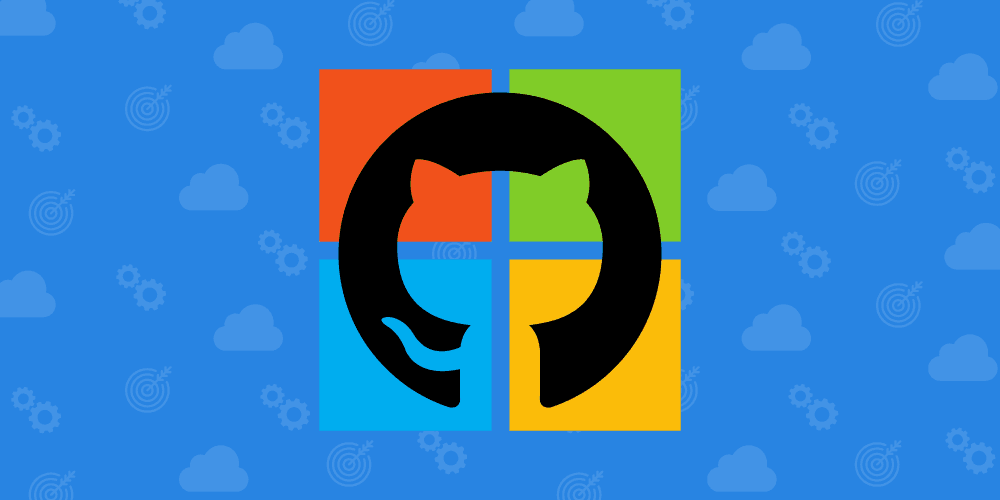The acquisition of Github by Microsoft has already been extensively commented on by analysts, and much has been rightfully said already. This acquisition is smart and visionary, and is probably of the same magnitude as the very successful LinkedIn acquisition. Not so much has been said, however, about how this acquisition feeds Microsoft’s cloud strategy.
Microsoft is going back to its roots, focusing on developers and embracing the open source world at full speed (Github is not open source itself but its 80 million repositories are all full of open source). There is a pattern for Microsoft acquiring large digital brands with successful, virally-driven customer acquisition strategies (LinkedIn, Minecraft) and the amazing $7.5B price values Github more or less 30x its yearly revenue (that number is a rough estimate, Github had generated $96 million in 9 months in 2016).
One of the key differences between Github and its competitors is that, unlike services like Bitbucket or Gitlab, Github does not have a native build tool. Github’s strategy of supporting broad integration with a range of services (including Platform.sh, since we’re here) has meant that it now offers one of the broadest integration surfaces of any developer tool on the market, giving Microsoft unprecedented reach into a vast and growing list of integrations. Microsoft acquires 27 million active developers with this purchase, and there’s clearly an opportunity for them to sell more Microsoft products.
But clearly with Github, Microsoft acquires much more than 27 million active developers and 80 million repositories: they’ve just purchased the world’s most popular DevOps tool, a name so synonymous with the version control system its based on, it is sometimes even confused with it, Git.
Git is becoming the key interface for application deployment to the cloud, and Github offers one of the most popular mechanisms for achieving this through its robust, easy-to-use tooling and open-source ethos. Deploying an app to the cloud via a pull request is already common practice but will become the industry standard because of its guarantees of consistency and auditability.
This paradigm now has a name, GitOps, and you can expect to hear a lot more about it in the future. It’s a paradigm which Platform.sh has embraced right from the beginning. By using Git as the source of truth and the place to version control not only your code, but also your cloud infrastructure, developers get so much more: everything becomes trackable, roll-backs are easy to perform, team collaboration and peer review become native and deployments are safer.
Microsoft understands and embraces this vision for the cloud and has acquired a massive asset for their Cloud play. Expect future integrations to happen with Azure. Expect Github to become much more integrated to Microsoft than LinkedIn will ever be. Google Cloud and AWS have lost an important battle by passing on the opportunity.
 Switching to Platform.sh can help IT/DevOps organizations drive 219% ROI
Switching to Platform.sh can help IT/DevOps organizations drive 219% ROI Organizations, the ultimate way to manage your users and projects
Organizations, the ultimate way to manage your users and projects





